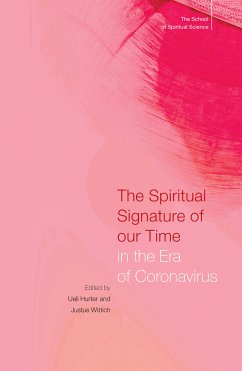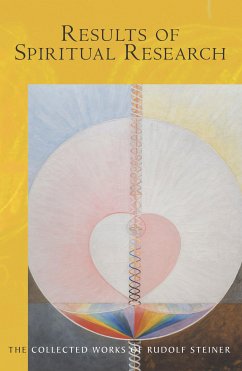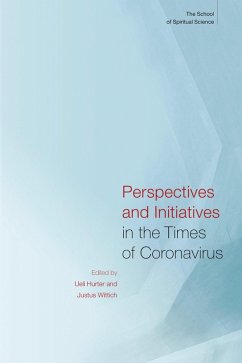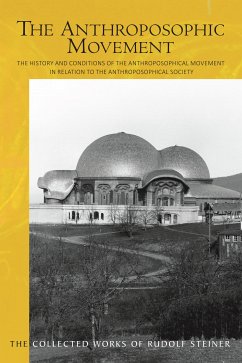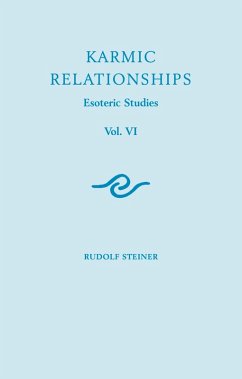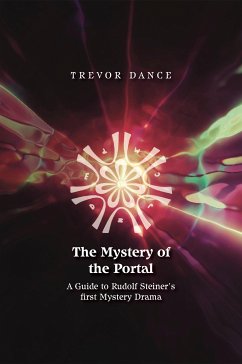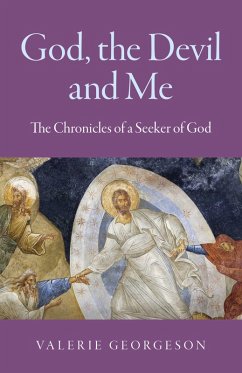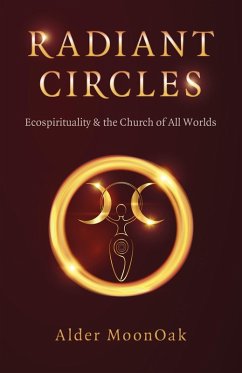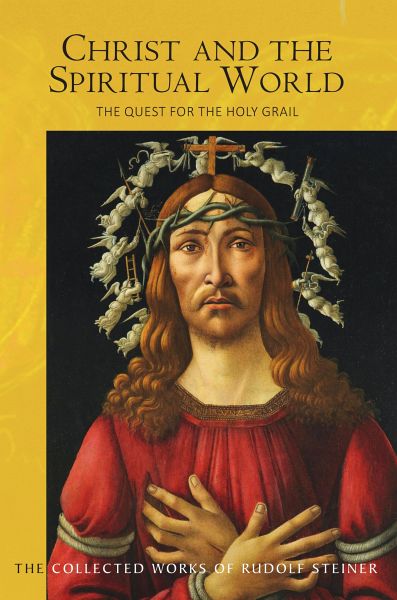
Christ and the Spiritual World (eBook, ePUB)
The Quest for the Holy Grail
Übersetzer: Amrine, F.

PAYBACK Punkte
0 °P sammeln!
Reassessing human history in relation to the cosmic-earthly events of Christ's incarnation, Rudolf Steiner stresses the significance of both Gnostic spirituality and the legends of the Holy Grail. The 'Christ-Impulse', he tells us, is not a one-time event but a continuous process, beginning well before Jesus of Nazareth walked the earth. This mighty impulse is a force that gives impetus to human development, such as with the extraordinary blossoming of free thinking of the last two millennia. Surveying this pattern of evolving human thought, Steiner explains the roles of contrasting historical...
Reassessing human history in relation to the cosmic-earthly events of Christ's incarnation, Rudolf Steiner stresses the significance of both Gnostic spirituality and the legends of the Holy Grail. The 'Christ-Impulse', he tells us, is not a one-time event but a continuous process, beginning well before Jesus of Nazareth walked the earth. This mighty impulse is a force that gives impetus to human development, such as with the extraordinary blossoming of free thinking of the last two millennia. Surveying this pattern of evolving human thought, Steiner explains the roles of contrasting historical figures, for example the great teacher Zarathustra, Joan of Arc and Johannes Keplar. We are shown the widespread influence of the clairvoyant prophetesses, the sibyls, who formed a backdrop to the Greco-Roman world. Steiner contrasts their revelations to those of the Hebrew prophets.The lectures culminate in the secret background to the Parzival narrative. Steiner illustrates how it is possible to experience the Holy Grail by reading the stellar script in the sky at Easter. Here, he provides a rare personal account of the processes he utilized to conduct esoteric research. The new edition of these much-loved lectures features a revised translation and an introduction, appendices and notes by Frederick Amrine.
Dieser Download kann aus rechtlichen Gründen nur mit Rechnungsadresse in A, B, BG, CY, CZ, D, DK, EW, E, FIN, F, GR, H, IRL, I, LT, L, LR, M, NL, PL, P, R, S, SLO, SK ausgeliefert werden.





